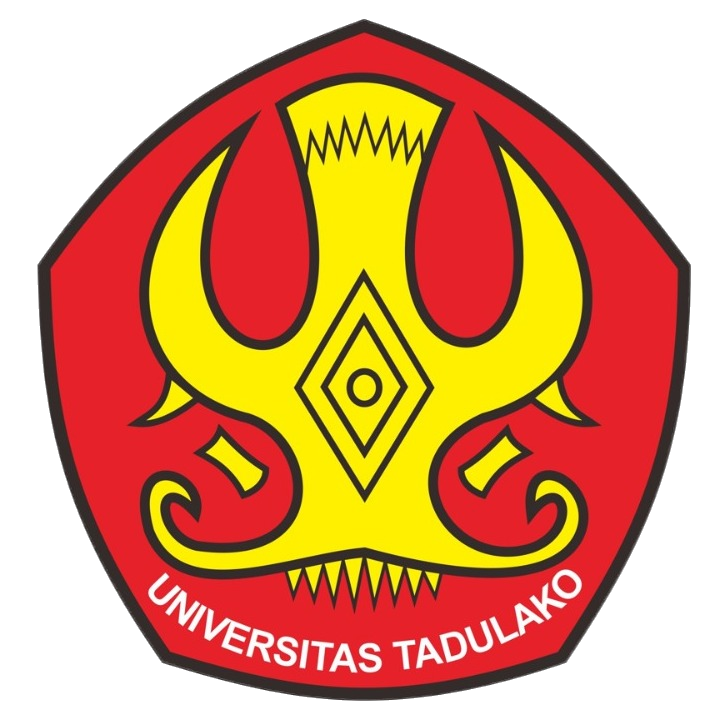PERAN PEMERINTAH DALAM PEMBERDAYAAN KELOMPOK TANI DI DESA NUPABOMBA KECAMATAN TANANTOVEA KABUPATEN DONGGALA
Keywords:
peran pemerintah, pemberdayaan, kelompok tani, pertanian, partisipasiAbstract
This study aims to identify and analyze the role of the government in empowering farmer groups in Nupabomba Village, Tanantovea District, Donggala Regency. The research uses a qualitative approach with descriptive methods. Data were collected through interviews, observation, and documentation. Informants in this study included village officials, members of farmer groups, and agricultural extension officers. Data analysis refers to the Miles and Huberman model, which consists of data reduction, data display, and conclusion drawing. The results show that the government has carried out four main roles in empowerment: as a regulator, dynamizer, facilitator, and catalyst. However, the implementation of these roles has not been optimal. The role as a regulator lacks adequate supervision and detailed regulation. As a dynamizer, the government has not consistently encouraged active participation from farmers. As a facilitator, agricultural assistance is not distributed evenly and lacks accompanying technical training. Meanwhile, as a catalyst, the government has not succeeded in creating innovation or building strategic networks to support the development of farmer groups. This study recommends the need for improved capacity of village apparatus, strengthening the role of agricultural extension services, and integrating participatory and sustainable empowerment programs to support farmer independence.



